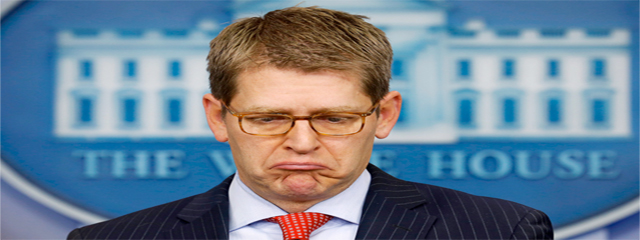The way the fiscal cliff crisis was finally defused fuels hopes events will follow again a similar pattern. But Wall Street would be wrong to downplay the resoluteness many Congressmen show in their peculiar crusade to dwarf their President. People ready to side with Bashar-al-Assad for the sheer pleasure of humiliating Obama will not readily accept any settlement. The more so as blowing up to pieces the so intensely loathed Medicare scheme has become their favourite target.
Up to now, media attention has been focused on closures at National Parks and monuments. But damage goes far beyond Yogi Bear’s distress for being deprived of easy-to-get meals snatched to careless visitors in Yellowstone. No new patients are taken over by the health services and one third of the 2 million government workforce is on the dole. The US economy could be severely hit should the stand-off drag on for long. The more so as we approach the daunting October the 17th deadline for raising the debt ceiling. In the absence of a green light by Congress, the US could be forced to halt payments. A default event likely to wreak havoc on global financial markets.
Yet, the Stock Exchange has reacted in a bull-mood discounting the Federal Reserve will further ease monetary conditions. The risk of utter collapse is simply ignored, at least for the time being. But hopes of a last minute deal could turn delusive. The tug-of-war is likely to continue as no face saving solution can be easily brokered, both sides entrenching themselves in increasingly stiff positions. The danger D-Day might arrive with no way out in sight could suddenly induce a massive sell-off and steep rises in interest rates. On face value, it looks as a more vicious turmoil than the one brought about by the Lehman Brothers demise.
Some argue this potential default fuelled by a refusal rather than a lack of ability to pay will preserve the boat afloat till some sort of middle-of-the-road deal is struck. So be it, but those holding closer maturities might get a nasty surprise. Even if an arrangement can be rapidly found to preserve sovereign debt, the uncertainty surrounding the biggest borrower in the world might have lasting consequences both in the financial markets and in growth terms.
The shock wave would immediately cross the Atlantic hitting us when prospects start to look markedly less dismal. The recession could be over this quarter and the highly unsettling political crisis in Italy seems shelved. But recovery will take longer than expected to get momentum and any unexpected setback might send us again to square one. An open wrangle over debt servicing in the US would send shivers down our spine.






Be the first to comment on "No money to pay the bills"